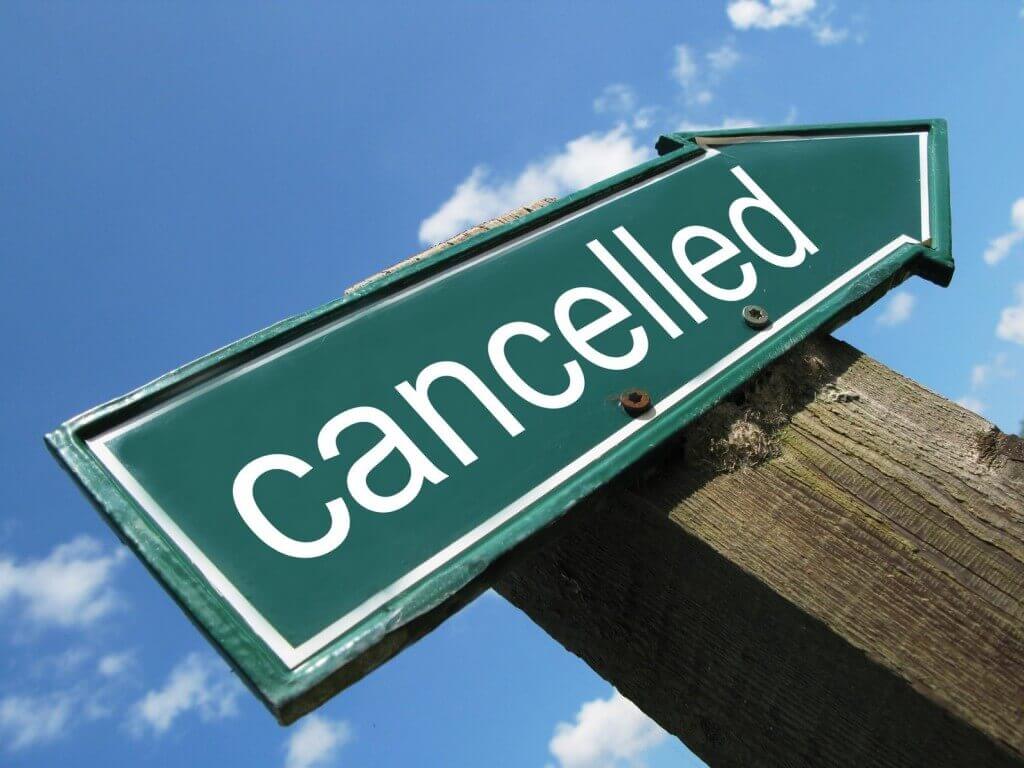Hotel cancellation rates have been steadily rising for years, in part fueled by a culture of ‘book now, pay later’ created by OTA giants.
NB: This is an article from Net Affinity
Covid did not create cancellation habits – it will perpetuate them, though. As a hotelier, it’s important for you to be aware of the patterns because it will help you to determine how to combat the issue. Back in 2019, D-Edge Hospitality Solutions reported that the global cancellation rate of hotel reservations reached 40% (with the direct website channel keeping the lowest cancellation rate).
Subscribe to our weekly newsletter and stay up to date
There are ways to combat cancellations – including having a solid, smart tech stack that integrates well together, a confident marketing strategy, and a real understanding of the new guests post-Covid that will require you to develop new guest personas, (doing this will also help you identify who is cancelling) to name but a few – more practical ways on how to combat cancellations later. It’s imperative as a hotelier that you do not ignore this growing behaviour, it’s crucial you use all the tools at your disposal to minimise the upset to your revenue.
What patterns have we seen ourselves since 2017?

While the cancellation rates we are seeing are increasing year on year, on par with the global trend, they are still some of the lowest in the industry. There are a myriad of reasons for this. We service the majority of our clients with the full suite of our products, including booking engine, website and marketing. The connection between all of these elements can create more harmonious conditions throughout the booking process, which can help to establish loyalty between guest and hotel. Loyalty is such an important factor! You can try to start deepening loyalty between you and your guests by looking into the likes of personalisation, your social media presence, your marketing strategy and email strategy.
In 2017, the cancellation rates analysed across our clients were coming in at 11.2% on average. That figure moved up to 12.8% in 2018, 12.3% in 2019, 35.9% in 2020 and is currently sitting at 31.9% so far in 2021.

When it comes to average cancellation lead times, in 2017 this figure came in at 27.4 days, moving up to 29.5 days in 2018, 30.8 days in 2019, back down slightly to 28.1 days in 2020, and it’s shot up to 50.4 days so far in 2021.
What can you do to combat the number of cancellations you inevitably face?
Booking deposits
Putting a booking deposit requirement in place is the most effective tool to reduce cancellations – however, keep in mind reduced bookings are also a side effect of booking deposits for many hotels.
You will need to consider a number of factors when it comes to the impact of a booking deposit on your property including:
- Past cancellation terms
- Demand for location
- Demand for your property
- Current occupancy levels
If you’re confident that your property can charge a booking deposit without it negatively effecting your revenue optimization, then it’s most likely a good strategy for your hotel. While it may work for some, we generally encourage hotels not to put a booking deposit in place as we have seen it reduce bookings in some instances.





